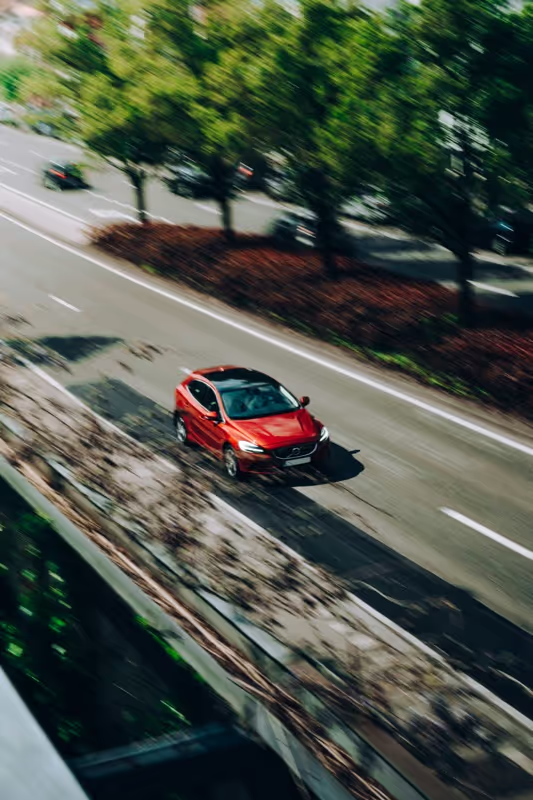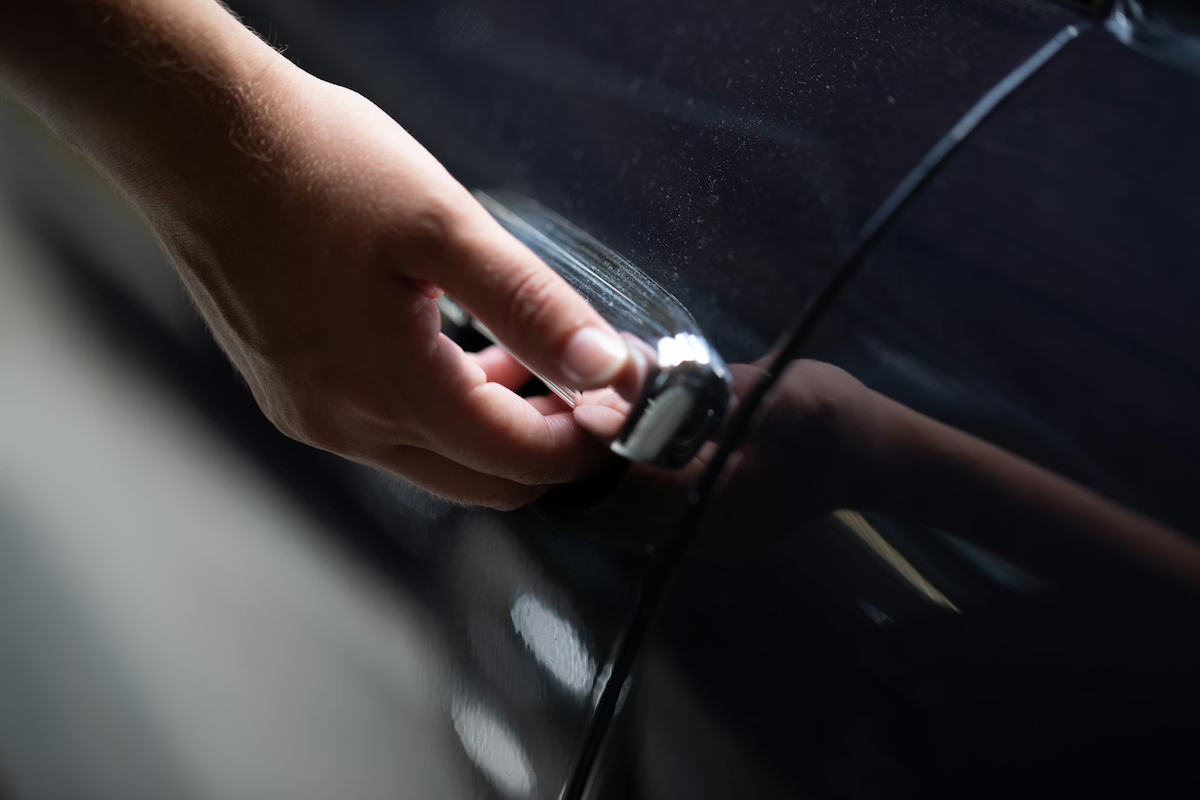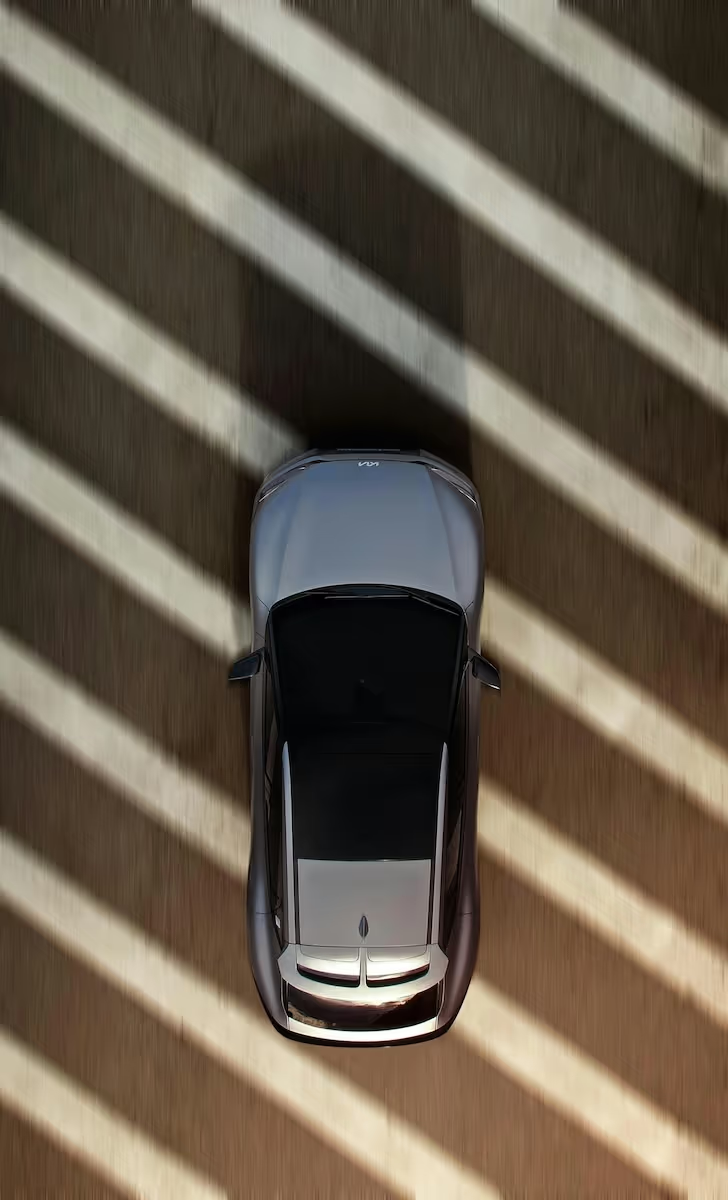More people are driving electric vehicles (EVs) in the UK than ever before. As the numbers grow, more people are becoming reluctant to jump on the bandwagon due to certain myths and misconceptions:
- “But EV batteries don’t last and there aren’t enough charging stations.”
- “The national electric grid can’t even bear all of the EVs in the UK.”
- “Electric cars are more expensive than carbon emission cars.”
- “But what do I do if it’s raining and want to drive my EV?”
In order to help dispel these qualms, we thought it would be helpful to share some of the common misconceptions about EVs and why they’re untrue!
In this article, we'll cover myths such as:
- EVs' battery doesn't last.
- EVs are more expensive than petrol vehicles.
- EVs don't have enough range.
- And more.
Note: Looking to get started with a salary sacrifice scheme that has no hidden cost and offers the best early termination policies? Get started with loveelectric for free.
Myth #1: EVs are more expensive than petrol or diesel vehicles
When comparing the list prices of traditional petrol and diesel cars and the list prices of EVs, you may realise that the latter of the two is generally more expensive, although that being said it’s all relative and it depends on which cars you’re comparing.
However, while EVs might be more expensive initially, a 2021 study found that over a seven-year period, the annual cost of owning an electric car is lower than when compared with an Internal combustion engine vehicle (LV)
If you choose to purchase an electric car, you won’t need to pay Vehicle Excise Duty (VED), and vehicles under £35,000 qualify for the Plug-In Car Grant, which is a government grant that knocks off £1,500 of the retail price. This cost will come off automatically when you go to purchase the vehicle from the manufacturer or dealership, so you won’t need to apply for this grant.
However, just because the list price of an EV is more expensive doesn’t mean you can’t get an EV for a much better price. If you choose to lease using a salary sacrifice scheme instead of purchasing an EV, you can save up to 50% on your monthly car payment!
If you’re interested in this scheme, click here to sign up to learn more.

Myth #2: EVs don’t have enough range
You may have heard of range anxiety before, which is defined as the fear that EV drivers have that their electric vehicle battery will run out of charge before reaching their destination. According to MacMillan Dictionary, range anxiety feels similar to worrying about running out of fuel, but are these fears grounded in reality?
On average, most EVs have around a 200-mile range after a single charge and the average driver in the UK drives around 20 miles a day, so most drivers won’t need to worry about having enough range to go about their daily lives.
Additionally, a recent poll by ZapMap found that just over half of the 3000 participants had driven more than 200 miles in their EV in a single trip, further proving that EV drivers have confidence in the range of their vehicles.
According to the same study, there are 33281 public charging points across 20336 public charging stations as of July 2022. In comparison with July 2021, this represents a 35% increase in charging devices.
Charge points installed at home and at workplaces, estimated at over 400,000, are not included in these figures. The public may be able to charge at some of these charge points through community or visitor charging.
Myth #3: The batteries in EVs don’t last and can’t be recycled
Although EV batteries use a similar technology to lithium-ion batteries (often seen on mobile phones), electric car batteries are designed to have more effective power management systems, ensuring they’ll last longer than the battery in a mobile phone will.
A lot of manufacturers actually have warranties of up to 8 years or 100,000 miles, so you can rest assured that your battery will last. According to OZEV, most EV batteries have a lifespan of around 10 years time and after this, they can be recycled.
There are regulations in the UK that ban battery incineration and disposal in the landfill of EV batteries. Instead, battery manufacturers are required to accept old EV batteries, which are subsequently handled at specialised recycling facilities that fulfil the appropriate recycling efficiency standards.
Myth #4: There aren’t enough electric vehicle charging points
The Sunday Times revealed that as the range of most EVs on the market has increased in the last couple of years, range anxiety has turned into something known as charge anxiety.
Now, motorists are more concerned about the charging infrastructure, but the UK has come far in ensuring there is more than an adequate amount of charging stations, including fast charging infrastructure.
According to the Zap-Map database, over 1332 new charging devices were added in the month of July 2022. There are a number of different apps you can use to find charging locations while on the go, why not check out our charging app recommendations here. Moreover, the UK government is making sure that the national electric grid will be able to sustain the mass adoption of EVs by 2030.
Additionally, Green Cars reports that all cars can be charged using a standard 3-pin socket, just like any other electric device. While this most likely won’t be the most cost-effective or fast way of charging your vehicle, it can be done if you’re in a pinch!
Myth #5: The national electric grid won’t be able to handle it if everyone switches to electric cars
One of the most common arguments against adopting electric cars is that if everyone chose to make the switch to an electric car, the power grid would not be able to handle so many people charging their vehicles at once.
Over the last two decades, the energy efficiency in the UK has improved substantially. Today, we have roughly 75.8 GW of energy capacity in the UK and in 2002 we saw the peak energy demand of 62GW, but since that, it has decreased by 16% to just above 50GW at the end of 2021. The National Grid estimates that if hypothetically all cars in the UK became electric tomorrow, we would only see a 10% rise in energy demand.
On the other hand, in 2021, an article from Forbes investigated this claim and found that if all of the 32.7 million passenger cars in the UK were electric and they were charged at exactly 7kWh at the same time, it would exceed the UK grid capacity by 3 times over.
Either way, both sources are in agreement that, even if all cars in the UK became electric overnight, the likelihood of every EV driver across the whole of the UK would choose to charge their vehicle at exactly the same time is incredibly small.
Furthermore, many EV drivers choose to have a home charging point installed, (most likely for convenience purposes) and a lot of these home charging points can be programmed to charge your vehicle at different times, often during off-peak hours (and this is a great way to save money on EV charging!). So why not sleep easy knowing that your EV will charge itself a much better price?

Myth #6: There aren’t many electric cars to choose from
The electric car market is on an upward trajectory and there is a great variety of electric cars available on the market today.
Whether you’re on a budget, wanting a durable family car with great range, or if you’re after the ultimate luxury vehicle, there’s a car for you!
You can browse our range to see what we have in stock at the moment, but also know that if we don’t currently have your dream car in stock, we’ll do our best to source it for you, so you can get started on your EV journey!
A lot of car manufacturers are hoping to get in and establish themselves before the inevitable boom in the industry, so if you’re still a bit hesitant and want to wait to see what’s on the horizon for the EV market and what specific manufacturers are planning, here’s a great article with summaries of what they’re planning.
Myth #7: You’ll run out of charge when stuck in traffic
While the fear of being stuck in traffic only to run out of charge is understandable, it’s unfounded.
EVs barely use any power when stationary as the electric motors aren’t being used, so in order for this to happen, you would already need to have essentially run out of battery before getting stuck in traffic.
If you’re concerned about any extra potential drains on the battery such as the AC, the amount of battery you use is small. In fact, it would take days before using the AC would make you run out of charge if you had a fully charged battery, especially if it’s a new car.
Myth #8: It’s not safe to drive or charge an EV in the rain
A 2019 study found that 12% of motorists in the UK believed that electric cars should not be driven in the rain. While this is no doubt grounded in the common knowledge that it’s not a good idea to mix water and electricity, it’s actually perfectly safe to drive an EV in the rain!
All cars have a coating on them to protect them from moisture and the battery packs in electric cars are isolated and therefore also protected from moisture. It’s also safe to wash your electric car in a car wash, as EVs are rigorously tested to ensure their safety.
Additionally, electric cars are no more dangerous than any other car in a thunderstorm, as just like any other vehicle it has a Faraday cage, (Hyundai) which is a metal partition that conducts electricity and will protect you when sitting inside of it. (HowStuffWorks)
If you are more concerned about charging in the rain, you can also rest assured as charging has been designed to be waterproof. The charging port and cables are designed not to have any electricity come out when it’s not connected, or if it detects rainwater. That being said, don’t make it a habit to leave the plug of your charging cable out in the rain, as water damage will stop the charger from working, according to Hyundai.

Myth #9: You can’t tow with an EV
You actually can tow using an electric car! Of course, it will depend on what EV you have and also what you plan on towing, but provided your EV type is approved to tow, then this is a great opportunity to feel the torque power of your vehicle. If you’d like to learn more about towing with an EV, here’s a great guide from RAC on towing.


.avif)



